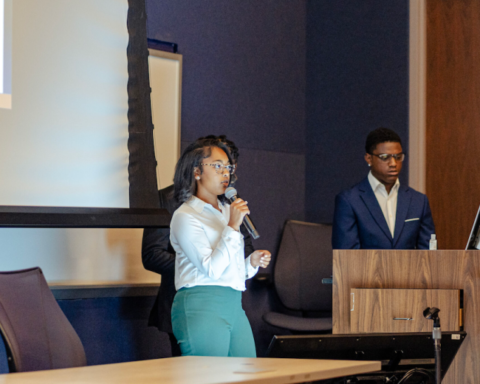Historically Black colleges and universities (HBCUs) have a significant opportunity to develop their STEM programs while boosting national defense. In February the U.S. Army hosted a virtual conference centered on stronger research ties with HBCUs. 48 of the 101 HBCUs registered, a good sign.
It will be mutually beneficial. Historically, the military has reaped great benefits from Black soldiers. Research-wise, however, HBCUs have been largely untapped while defense funding has bolstered STEM departments elsewhere for generations. This is changing.
Including acting Secretary of the Army John E. Whitley, Army officers detailed several opportunities. These include faculty immersion, a prize competition for HBCU researchers and internships.
Whitley declared a long-term commitment, and Army Chief Scientist Phil Perconti explained the practical motive. “The Army simply cannot accomplish its mission without the skills, dedication and contributions of all of our society,” Perconti said.
HBCU STEM programs could see a windfall. STEM research equipment is expensive, something defense spending can ease. This will help all STEM students. While grants can’t be used for student support, applicants need to demonstrate how this equipment will draw HBCU students who are intent on STEM careers. Universities like MIT and Berkeley rely heavily on such funding.
Perconti said the Army wants to “reduce the barriers” preventing HBCUs from receiving similar funds. Reiterating why that’s important, Whitley noted research’s critical role.
“It’s the fourth part of the army, because it will fight on the battlefield of tomorrow,” Whitley said.
Though conventional weaponry will continue to evolve, much of that future battlefield will be in cyberspace. The military wants HBCUs on board. “The Army is focused on cyber and writing code,” Whitley said. “Cyber is embedded in everything we do.”
HBCUs taking advantage of this funding will not only strengthen national defense but improve opportunities for all STEM students.





